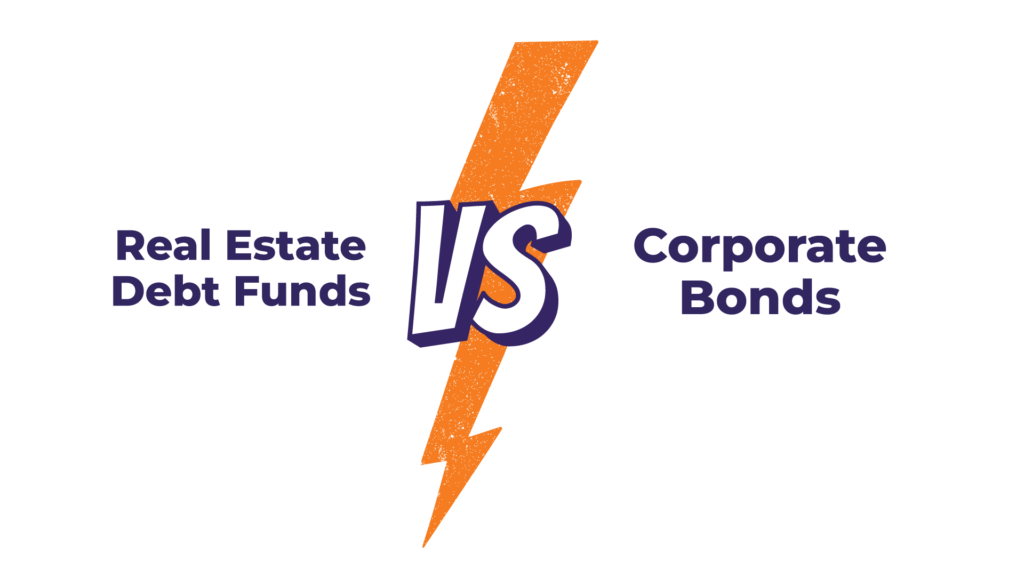Amish's expertise in corporate bonds has been instrumental in diversifying my clients' investment portfolios. His comprehensive knowledge of the bond market and ability to identify opportunities aligned with my clients' financial goals have been impressive. Amish's professionalism, attention to detail, and commitment to delivering results make him a standout in the financial advisory field. I confidently refer my clients to Amish knowing they will receive expert guidance and support in corporate bond investments.


Financial Advisor
Amish's expertise in corporate bonds has been a valuable resource for my clients in the mortgage industry. His in-depth knowledge of bond markets and ability to assess risk factors have helped my clients make informed investment decisions. Amish's dedication to providing personalized service and his commitment to excellence make him a trusted advisor in the financial realm. I confidently refer my clients to Amish knowing they will receive expert guidance and support in corporate bond investments.


Mortgage Broker
Amish's expertise in real estate debt funds has been instrumental in the success of my development projects. His ability to identify the right funds and secure financing tailored to my project needs has been invaluable. Amish's professionalism, attention to detail, and commitment to delivering results make him a standout in the real estate financing industry. I highly recommend Amish to any real estate developer seeking financing solutions for their projects.


Real Estate Developer


Real estate debt funds are a type of investment fund that pools capital from investors to purchase or originate loans secured by real estate assets. They typically aim to generate returns through interest payments made on these loans.
Real estate debt funds are investment vehicles that provide loans to property developers or purchase existing real estate debt. These funds generate returns primarily from interest payments, making them less risky than equity investments in real estate. Investors in debt funds benefit from regular income and some capital appreciation, without direct property ownership. The funds can finance various projects, including residential, commercial, and industrial developments. They typically offer higher yields than traditional bonds due to the added risk associated with real estate projects.
Investing in a real estate debt fund can be good for those looking steady but relatively safer returns. These types have got several benefits including diversification, liquidity as well tax efficiency while also there being some drawbacks which an individual needs to know before making any decision. This includes:
Pros
Cons


Corporate bonds refer to debt instruments issued by companies or corporations for the purpose of raising capital. Investors who buy these bonds lend money to the issuer and in return receive periodic interest payments called coupon rates until maturity date. They are generally considered less risky than stocks but riskier than government bonds.
Companies issue corporate bonds in order to raise money for purposes such as expansion, acquisitions or refinancing debt. Investors buy the bonds and effectively lend money to the company. In return, the company promises to pay interest (coupon payments) at regular intervals – usually semi-annually or annually – and repay the principal amount on the bond’s maturity date. The interest rate and repayment terms are fixed at issuance, making corporate bonds an attractive income source for investors.
Investing in corporate bonds can be a good option for those seeking higher returns than government bonds while accepting a moderate level of risk. These bonds offer fixed interest payments and can be a stable income source. However, they come with certain risks, such as the potential for issuer default and interest rate fluctuations.
Below are some of the key pros and cons of investing in corporate bonds:
Pros
Cons
Real Estate Debt funds and corporate bonds both offer fixed-income returns with relatively lower risk compared to equities.
Each has its unique features, risk profiles, and suitability for different types of investors. Below is a comparison between real estate debt funds and corporate bonds:
Feature | Real Estate Debt Funds | Corporate Bonds |
Investment Type | Pooled investment in secured real estate loans | Direct investment in a company’s debt securities |
Risk | Varies by property market and loan type | Dependent on the issuing company’s creditworthiness |
Return Potential | Income from interest, variable by loan performance | Fixed returns from interest payments |
Liquidity | Generally less liquid, depends on fund terms | Higher, can be sold on secondary markets |
Management | Actively managed by professionals | Passive, after initial research on the bond issuer |


When considering tax implications in 2023 for U.S. investors, the landscape varies significantly between real estate debt funds and corporate bonds:
Interest income from corporate bonds is taxed at the federal level as ordinary income, which means it can be taxed at a higher rate depending on the investor’s income bracket. In 2023, Moody’s reported a seasoned corporate bond yield at around 5.28%, which represents the pre-tax return investors would see from high-grade bonds.
Additionally, if corporate bonds are sold at a premium or bought at a discount, investors may also face capital gains taxes, which are influenced by the duration the bonds were held.
Real estate debt funds generate interest income, which is taxed as ordinary income for investors. However, certain investments within these funds, particularly in specific types of real estate or regions, may offer additional tax benefits. For instance, investors might be eligible for deductions related to property depreciation, reducing their overall taxable income.
These tax advantages can enhance the attractiveness of real estate debt funds, offering a balance of steady income and potential tax savings. Managed by professionals, these funds strategically invest in diverse properties to optimize returns while leveraging available tax benefits.
Yes, corporate bonds can generally be sold on the secondary market, though the price can vary based on interest rate changes and the issuer’s credit standing.
Typically, they are better suited for medium to long-term investments due to their less liquid nature and the nature of real estate investments.
They can offer tax benefits related to real estate investments, such as deductions for depreciation and expenses depending on the fund structure and investor’s tax situation.
Investors should assess their risk tolerance, desired return rates, and how much liquidity they need.
Investors should assess their risk tolerance, desired return rates, and how much liquidity they need.
Disclaimer: This information is for educational purposes only and should not be considered financial or tax advice. Always consult with a qualified financial advisor and tax professional before making any investment decisions related to Real Estate Debt Funds and Corporate Bonds.